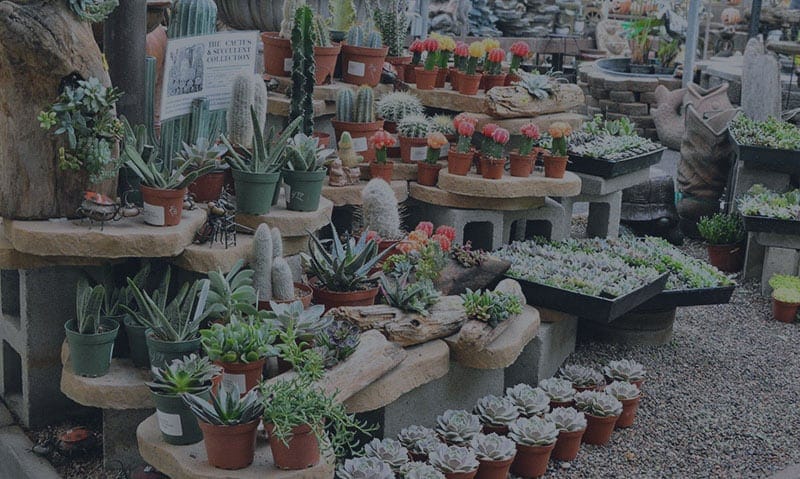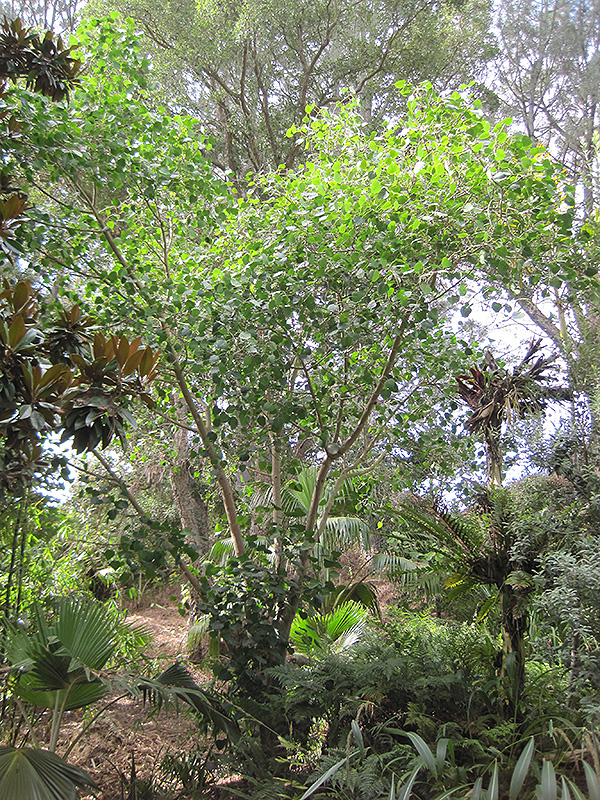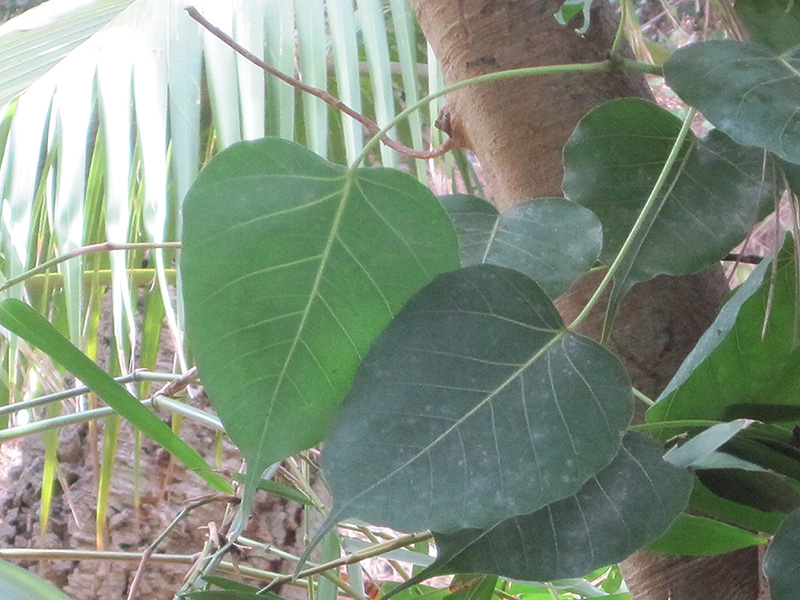Height: 70 feet
Spread: 70 feet
Sunlight:
![]()
![]()
Hardiness Zone: 9b
Other Names: Bodhi Tree, Sacred Fig, Peepul Fig
Description:
This variety grows quite large in warm climates, but can be maintained by pruning; site indoors in bright, indirect light; avoid overwatering; will produce aerial roots that decend to the ground; interesting bright green heart shaped foliage
Ornamental Features
Bo Tree has attractive green evergreen foliage on a tree with an upright spreading habit of growth. The heart-shaped leaves are highly ornamental and remain green throughout the winter.
Landscape Attributes
Bo Tree is a multi-stemmed evergreen tree with an upright spreading habit of growth. Its average texture blends into the landscape, but can be balanced by one or two finer or coarser trees or shrubs for an effective composition.
This is a relatively low maintenance tree, and is best pruned in late winter once the threat of extreme cold has passed. It has no significant negative characteristics.
Bo Tree is recommended for the following landscape applications;
- Accent
- Shade
- Hedges/Screening
Planting & Growing
Bo Tree will grow to be about 70 feet tall at maturity, with a spread of 70 feet. It has a low canopy with a typical clearance of 4 feet from the ground, and should not be planted underneath power lines. It grows at a fast rate, and under ideal conditions can be expected to live to a ripe old age of 100 years or more; think of this as a heritage tree for future generations!
This tree does best in full sun to partial shade. It does best in average to evenly moist conditions, but will not tolerate standing water. It may require supplemental watering during periods of drought or extended heat. It is not particular as to soil type or pH. It is highly tolerant of urban pollution and will even thrive in inner city environments. Consider applying a thick mulch around the root zone in winter to protect it in exposed locations or colder microclimates. This species is not originally from North America. It can be propagated by cuttings.



